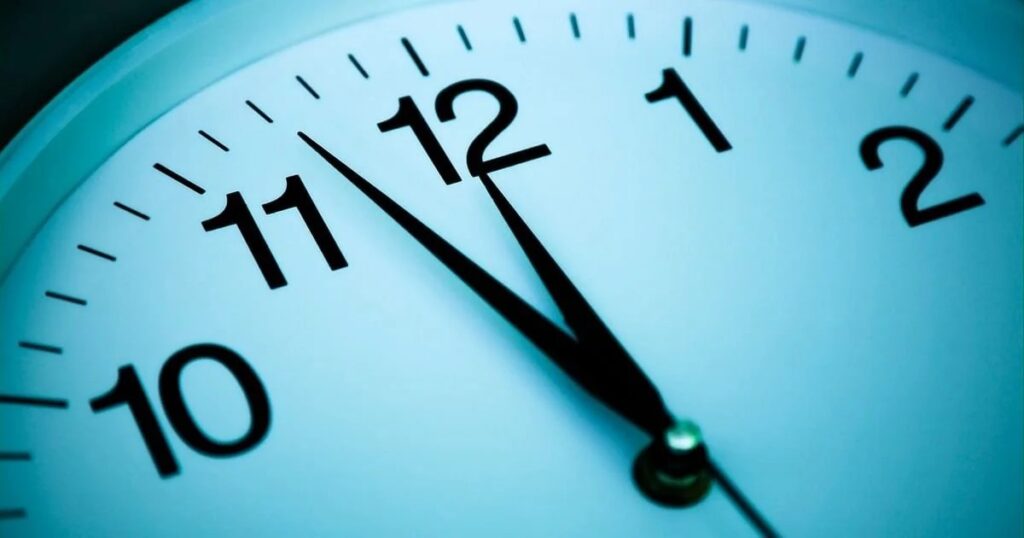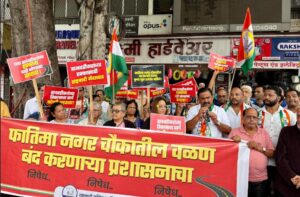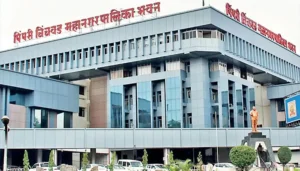One Nation, One Time: Government Pushes for Exclusive Adoption of IST

One Nation, One Time: Government Pushes for Exclusive Adoption of IST
The Indian government has introduced the Legal Metrology (Indian Standard Time) Rules, 2024, aiming to make Indian Standard Time (IST) the sole reference for all official and commercial activities across the country. This move is designed to create a consistent framework for timekeeping in legal, administrative, and commercial sectors.
Mandatory Use of IST
The proposed rules require IST to be the standard time reference across commerce, transport, public administration, legal contracts, and financial operations. Key measures include banning alternative time references for official purposes, mandating the display of IST in government offices, and implementing advanced time synchronization systems to enhance accuracy, reliability, and cybersecurity.
Strategic Importance
The initiative is part of a broader effort to ensure precise timekeeping for critical sectors such as telecommunications, banking, defense, and cutting-edge technologies like 5G and artificial intelligence (AI). A government official emphasized that “nanosecond-level accuracy” is crucial for both strategic and non-strategic domains.
Exceptions and Implementation
While IST will be mandatory, exceptions will be allowed for specialized fields like astronomy, navigation, and scientific research, subject to prior approval from the government.
The Department of Consumer Affairs is collaborating with the National Physical Laboratory and the Indian Space Research Organisation (ISRO) to develop a robust system for generating and disseminating IST. Violations of the rules will attract penalties, and periodic audits will be conducted to ensure compliance.
Public Consultation Open
The Consumer Affairs Ministry has opened the draft for public feedback, inviting suggestions and comments until February 14, 2025.
This proposal seeks to unify timekeeping practices nationwide, providing a reliable framework to support India’s strategic and technological advancements.
The comments may be submitted by 14.02.2025. The website link for the draft Rules is as follows:












